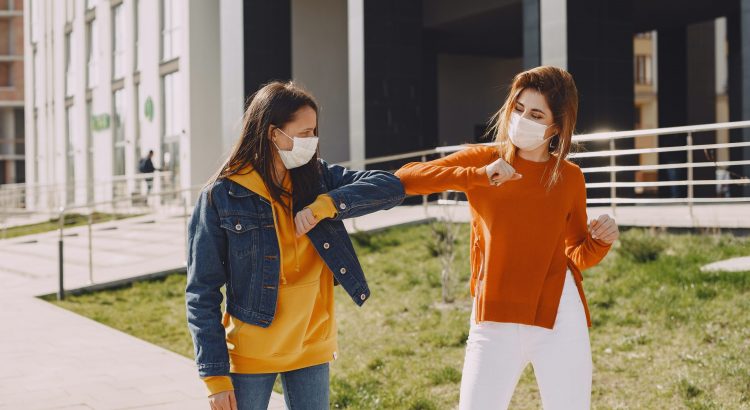As the mob of school children bustled towards me down a cramped alleyway near where we live, my wife held me back to observe social distancing.
It was good to see the normality of young people, in that classic teenage way, seemingly unaware of any other walkers, deep in conversation about the latest outrage, of who fancies who, “the Maths teacher said what?”, etc. A little sign of life as it was before March 23rd 2020. But as I crossed the zebra crossing and was cut up by a number of cars not stopping to let me pass, I realised that a return to ‘normal’ is not such a great thing.
The social distancing guidelines lead to a kind of Victorian politeness for a period of time. People allowing each other to go through the door; while not shaking hands, we often stood back and bowed. People greeted each other in the street because it was so unusual in those first days this time last year to see anyone else. A smile of encouragement an odd an acknowledgement of the other.
Whether we wanted to go back to life as normal or not, it is not possible. Life has changed, we cannot turn back the clock. But I would really like to hang on to the good things as we move out of some of the more draconian restrictions. I think it’s good when we acknowledge others we pass. On my walk in the park the number of people said hello, which is pretty unusual for London. People even stood and got out my way. (Although some people got so far out of my way I started to wonder if there was a problem with me that I was not aware of!)
The nature of infection has meant that we have had to consider those around us: that we could be a threat to them and that they could be a threat to us. Rather than always having a fearful response, this threat, has at times been a healthier respect of the ‘other’. An acknowledgement of the existence of the person, not just viewed as a mobile obstacle to be avoided or brushed by.
I don’t begrudge those young people their social bubble (although their lack of distancing made my inner public health officer tut away) – but I do think that we could all, young, old and those of us in the middle, afford to be more courteous, more aware and care and respect for the stranger in front of us more.
What about you? What things (large or small) are you hoping we can hold onto?

